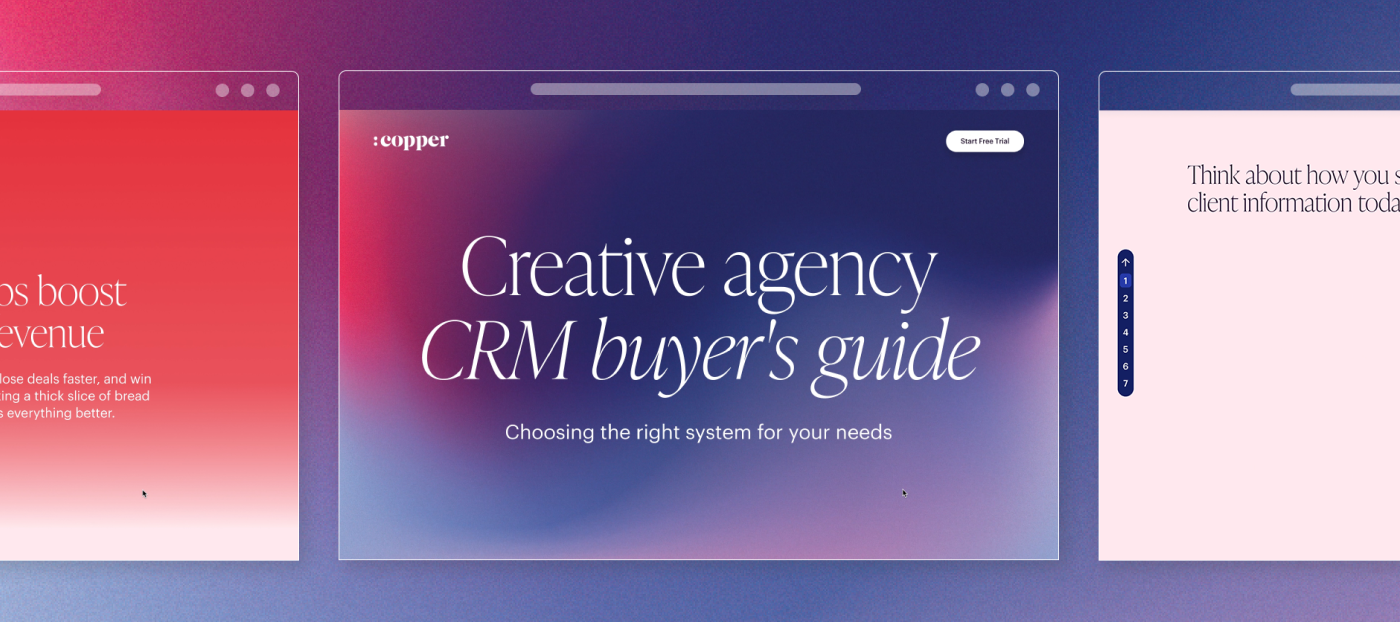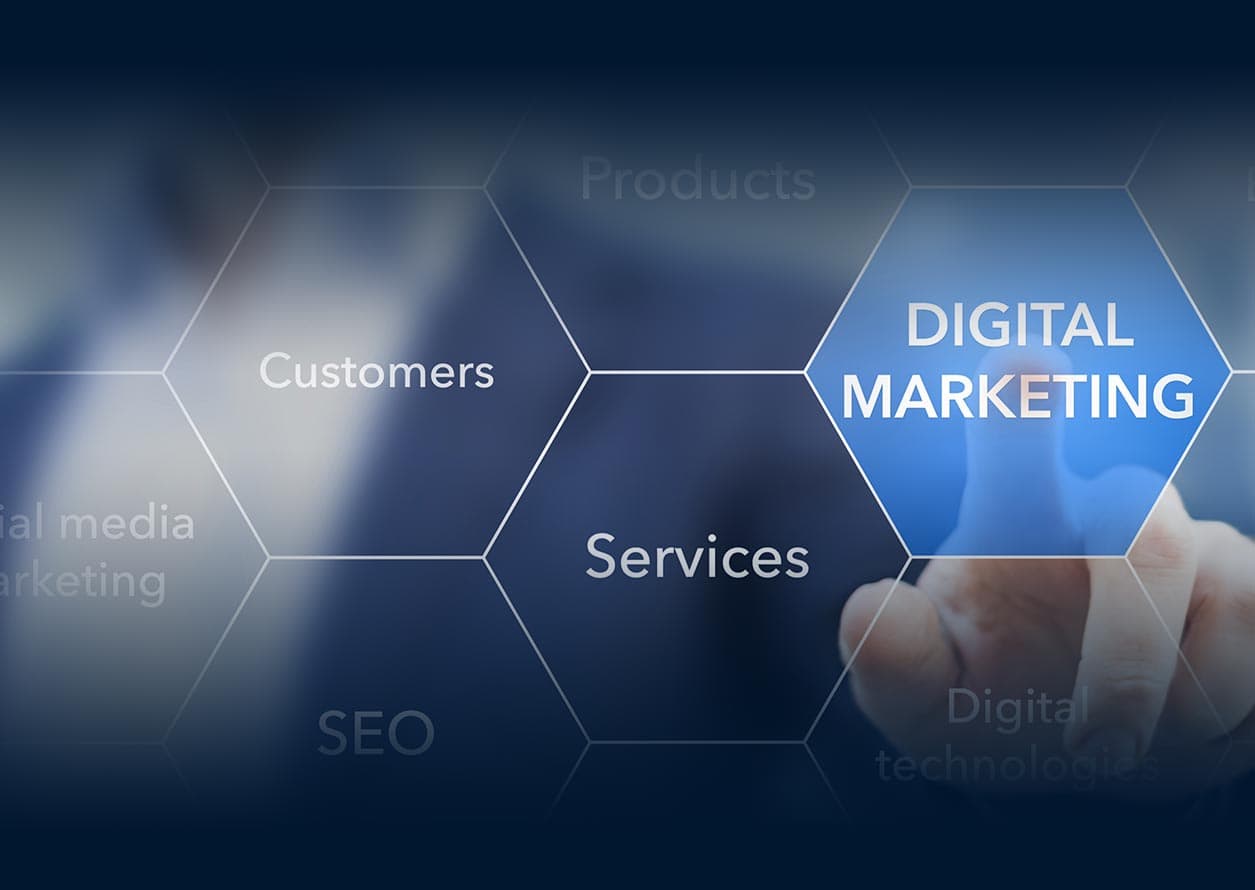Creative agency CRM takes center stage in this captivating exploration, inviting readers to delve into a realm of innovative solutions and tailored client management strategies. As the backbone of efficient agency operations, CRM systems empower creative professionals to nurture relationships, streamline workflows, and drive growth.
From project tracking to automated communication, discover how CRM empowers creative agencies to elevate client experiences, enhance collaboration, and unlock their full potential.
Overview of Creative Agency CRM
Creative agencies require specialized customer relationship management (CRM) systems to effectively manage their client relationships. These systems provide a centralized platform for agencies to track client interactions, manage projects, and automate marketing and sales processes. CRM systems can greatly benefit creative agencies by streamlining operations, improving communication, and fostering stronger client relationships.
Benefits of CRM for Creative Agencies
Implementing a CRM system offers numerous benefits for creative agencies, including:
- Improved client management: Centralized client data allows agencies to track interactions, preferences, and project history, enabling personalized and efficient client communication.
- Streamlined project management: CRM systems provide tools for managing project timelines, tasks, and budgets, ensuring timely delivery and client satisfaction.
- Enhanced collaboration: Shared access to client information and project updates fosters collaboration among team members, reducing errors and improving communication.
- Automated marketing and sales: CRM systems can automate email campaigns, lead generation, and sales processes, freeing up time for creative work.
- Improved data analysis: CRM systems provide insights into client behavior, campaign performance, and project profitability, enabling data-driven decision-making.
Key Features of a Creative Agency CRM
Creative agencies rely heavily on effective client management and streamlined workflows. A CRM system tailored to their specific needs can provide a range of features that enhance productivity, improve communication, and strengthen client relationships.
To evaluate different CRM systems, it’s essential to consider features that align with the unique requirements of creative agencies. These may include project management capabilities, communication tracking tools, and workflow automation functionalities.
Project Management Features
- Project Tracking:Monitor project progress, timelines, and deliverables.
- Task Management:Assign tasks, set deadlines, and track completion.
- Collaboration Tools:Facilitate communication and file sharing among team members.
- Budget Tracking:Control project expenses and ensure financial transparency.
- Proofing and Approval:Streamline the review and approval process for creative deliverables.
Communication Tracking Features
- Email Integration:Synchronize emails with CRM records for easy access.
- Phone Call Logging:Track and record client calls for reference.
- Meeting Management:Schedule meetings, send reminders, and record notes.
- Chat and Messaging:Provide real-time communication channels for quick responses.
- Centralized Communication History:Maintain a comprehensive record of all client interactions.
Workflow Automation Features
- Lead Management:Automate lead generation, qualification, and nurturing.
- Task Assignment:Automatically assign tasks based on predefined rules.
- Email Marketing:Create and send automated email campaigns.
- Reporting and Analytics:Generate reports to track performance and identify areas for improvement.
- Integration with Other Tools:Connect CRM with project management, accounting, and design software.
By implementing a CRM system with these essential features, creative agencies can streamline their operations, improve communication with clients, and enhance project management efficiency. This ultimately leads to increased client satisfaction and improved business outcomes.
Best Practices for Implementing a Creative Agency CRM

Implementing a CRM system in a creative agency can streamline operations and enhance client relationships. Here’s a step-by-step guide to ensure a successful implementation:
Define User Roles
Assign specific roles and permissions to users based on their responsibilities. This ensures data security and efficient workflow.
Customize Workflows, Creative agency crm
Tailor the CRM to your agency’s unique processes. Automate tasks, set reminders, and create custom fields to streamline project management.
Integrate with Other Systems
Connect the CRM with other essential tools, such as project management software, email marketing platforms, and accounting systems, to create a cohesive workflow.
Ensure Data Accuracy
Establish clear guidelines for data entry and maintenance. Regularly review and update data to ensure accuracy and consistency.
Maintain CRM Effectiveness
Monitor CRM usage and make adjustments as needed. Provide training to users and encourage feedback to ensure ongoing effectiveness.
Case Studies and Success Stories
To showcase the transformative impact of CRM systems on creative agencies, let’s delve into case studies that illustrate their successful implementation.
These case studies will highlight the challenges faced by agencies, the innovative solutions they deployed, and the quantifiable results they achieved. By examining these real-world examples, we can glean valuable insights into the power of CRM in optimizing agency performance.
Creative Agency A: Streamlining Client Collaboration
Creative Agency A faced the challenge of managing multiple client projects simultaneously, leading to communication breakdowns and missed deadlines. To address this, they implemented a CRM system that provided a centralized platform for project management, communication, and document sharing.
As a result, the agency experienced a 20% increase in project completion rates and a 15% reduction in client churn rate, attributed to improved collaboration and timely project delivery.
Creative Agency B: Enhancing Project Visibility and Accountability
Creative Agency B struggled with project visibility and accountability, making it difficult to track progress and identify bottlenecks. By adopting a CRM system, they gained real-time insights into project statuses, resource allocation, and team performance.
This enhanced visibility led to a 10% increase in project efficiency and a 12% improvement in project profitability, as the agency could proactively address potential delays and optimize resource utilization.
Creative Agency C: Automating Lead Generation and Nurturing
Creative Agency C sought to streamline its lead generation and nurturing processes to generate more qualified leads and accelerate sales cycles. They implemented a CRM system that automated lead capture, segmentation, and email marketing campaigns.
This automation resulted in a 25% increase in lead conversion rates and a 18% decrease in sales cycle length, allowing the agency to focus on high-value prospects and nurture leads effectively.
Emerging Trends in Creative Agency CRM

The creative agency landscape is constantly evolving, and with it, the need for robust CRM solutions. Emerging trends in CRM technology are empowering agencies to enhance client management, streamline operations, and gain a competitive edge.These trends include:
Artificial Intelligence (AI) and Machine Learning (ML)
AI and ML are revolutionizing CRM by automating tasks, providing personalized experiences, and predicting customer behavior. Creative agencies can leverage these technologies to:
- Automate lead generation and qualification
- Provide personalized recommendations and content
- Predict client churn and take proactive measures
Last Recap: Creative Agency Crm
In the ever-evolving landscape of creative agency management, CRM emerges as an indispensable tool. By embracing its transformative power, agencies can unlock a world of possibilities, fostering enduring client relationships, optimizing operations, and propelling their businesses to new heights.